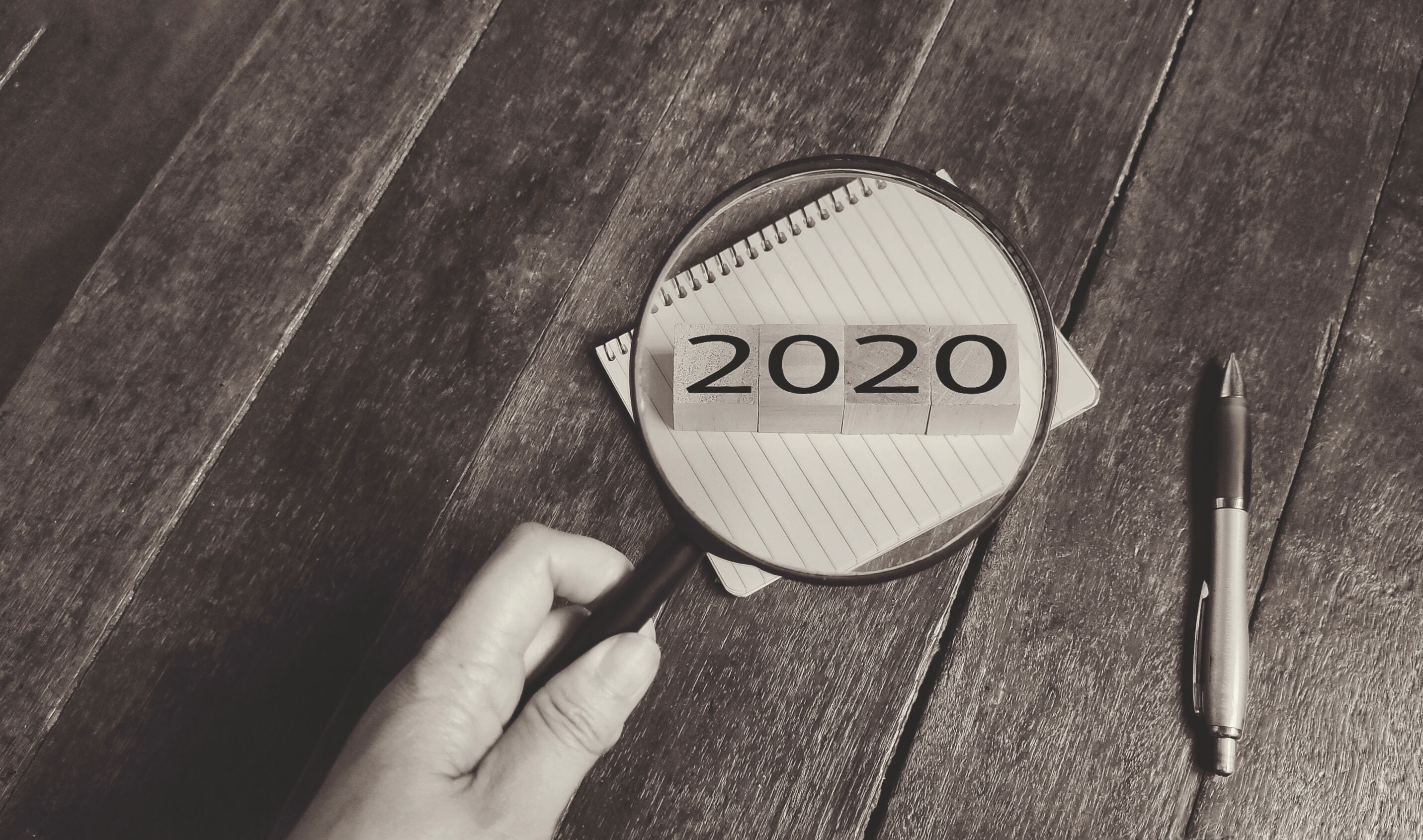As the industry emerged from the COVID-19 pandemic into the new “normal,” GOED members reported higher than expected demand across the board for EPA and DHA oils. This is despite ongoing logistics challenges – similar to those experienced throughout the supplement industry — around shipping pricing and delivery times, the availability of components such as bottles and caps and the lack of available encapsulation capabilities.
According to GOED’s Ingredient Market Report, an annual overview of market numbers at the raw material segment of the supply chain, the market in 2020 (the last year for which numbers are available) for omega-3 ingredients was 110,802 metric tons, a 1.0% increase from 2019. It’s important to note that the market was projected to grow around 3% so the impact of COVID was definitely felt throughout the omega-3 space, and there remain questions about how ongoing pandemic challenges will impact future market growth.
Scientific research on omega-3s continued to grow in 2021, with more than 2700 studies published on EPA and DHA. Of note, the ADORE trial furthered the science on omega-3s and pregnancy outcomes, showing that women supplemented with 1000 mg/day of DHA during pregnancy had a lower rate of early pre-term birth compared to women who received 200 mg/day. For 2022 the industry is eagerly awaiting an updated Cochrane review that incorporates this trial and additional science on the impact of omega-3s on pre-term birth.
In term of cardiovascular research, GOED published an update to its 2019 publication linking omega-3 dosage to improved cardiovascular outcomes. The new publication, in the form of a letter to the editor in Mayo Clinic Proceedings, incorporated two newer studies, STRENGTH and OMEMI, that did not find a benefit for omega-3 intake. Importantly the revised analysis continued to support the benefit of EPA and DHA for reducing the risk of myocardial infarction and coronary heart disease.
A subsequent publication in Progress in Cardiovascular Diseases further analyzed the research, particularly focusing on the question of whether there is more benefit from EPA only versus a combination of EPA and DHA. The conclusion: “While more research is needed…the current body of evidence does not support the conclusion that…EPA monotherapy is any more or less effective than a combination of EPA and DHA.”
During 2021, scientific questions arose about the possibility that EPA and DHA intake increases the potential risk for atrial fibrillation (A-Fib), with the publication of two meta-analyses fueling the fire. The situation is complicated by the fact that not all studies report A-Fib occurrences, the epidemiological data to date has been positive, and more research needs to be done on absolute risk and the overall risk-benefit ratio. GOED is working to convene a scientific consensus panel on this topic in 2022.
GOED also published a letter to the editor in Nutrition Reviews refuting comments in a previous article that questioned omega-3 supplement EPA and DHA levels and oxidation issues.
Regulatory developments
On the US regulatory front, there are several class action lawsuits* GOED is watching regarding whether an omega-3 concentrate can be labeled as a fish oil. It remains to be seen whether these will gain traction in the courts.
GOED is also monitoring a requirement from National Oceanic and Atmospheric Administration (NOAA), a division of the US Department of Commerce, that all fisheries that sell product into the US comply with the import provisions of the Marine Mammal Protection Act (MMPA), which limits the “incidental mortality or serious injury of marine mammals in excess of United States standards.” The deadline to submit compliance data was November 30. NOAA will continue its analysis of fishery compliance throughout 2022, with the rule going into effect in January 2023. While it appears that global fisheries supplying omega-3 oils have made the necessary preparations for the new ruling, there still remains a question about what “intermediary nations” — those that buy fish oil from one country, process it in their home country and then sell into the US — are required to do to prove their compliance. GOED has been in contact with NOAA to try to get more clarity on the issue and has just confirmed that NOAA will be a speaker at the February GOED Exchange conference.
On a positive note, the National Institutes of Health updated its Omega-3 Fact Sheet earlier this year after GOED pointed out that the daily upper limit for EPA+DHA needed to be increased from 2 g/day to 5 g/day to match the latest FDA guidance, published in response to GOED’s blood pressure health claim petition.
2021 also marked the launch of Global Omega-3 Day, on March 3 (“03-03”), a global effort to promote the importance of EPA and DHA for public health. The first edition was mostly a grass roots effort with social media postings on GOED’s consumer-focused sites and by GOED members, but we envision a larger effort in 2022 and beyond.
GOED’s Clinical Study Database
In February 2022 GOED will launch its long-awaited Clinical Study Database tool, a comprehensive searchable database that curates all human clinical trials on EPA and DHA. The database allows users to see the full body of research around a particular condition or outcome (“pregnancy,” “blood pressure,” “ADHD”) and further filter by dosage, population, sex, etc. The tool will be introduced at the GOED Exchange 2022 event, the premiere event for the omega-3 industry, which takes place in Fort Lauderdale, FL February 15-17.
* Links to the class actions referenced by Ellen Schutt:
https://www.classaction.org/media/baines-v-natures-bounty-ny-inc-et-al.pdf
https://www.classaction.org/media/hernandez-v-mimis-rock-corp.pdf


